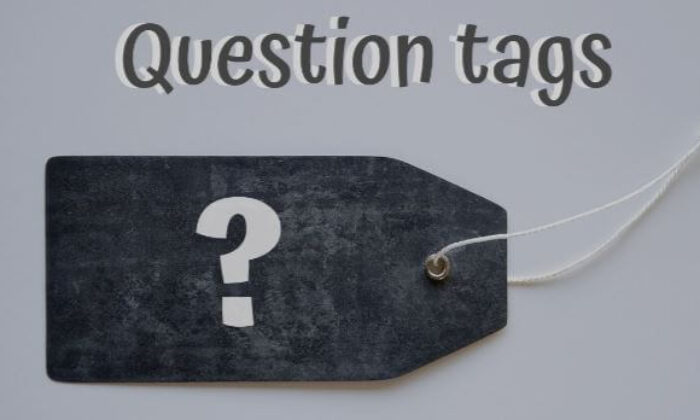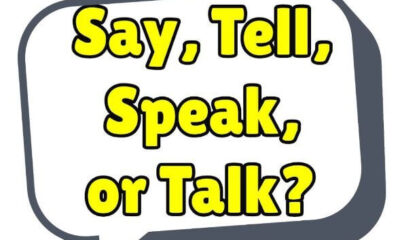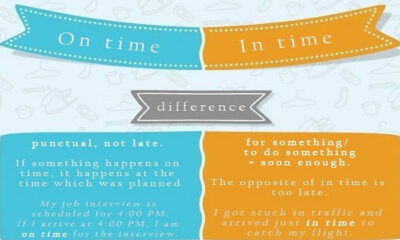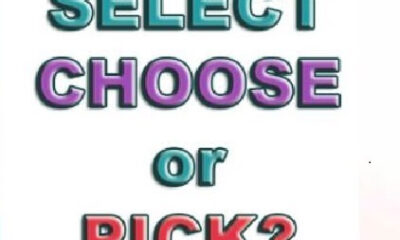Question Tags yada Tag Question nedir? İngilizce’de onaylama soruları

İngilizce’de onaylama sorularını çoğu konuşmalarda görürüsünüz. Bu dersimizde sizlere Question Tags yada Tag Question nedir? Olumlu yada olumsuz cümlelerde nasıl kullanılır? İngilizce’de onaylama soruları ile ilgili örnekleri bulabileceksiniz.
Question Tags yada Tag Question nedir?
Bir cümleden sonra gelen kısa sorulara Question Tags yada Tag Question denir. Genellikle bir onay ya da teyit almak amacıyla kullanılırlar. İngilizce’de konuşurken karşımızdaki kişiden yanıt beklediğimizde, cümle sonuna eklenen bu kısa sorularla, söylediğimizin doğru olup olmadığını kontrol ederiz.
Örneğin:
- “You’re coming to the party, aren’t you?” (Partiye geliyorsun, değil mi?)
- “It’s a beautiful day, isn’t it?” (Harika bir gün, değil mi?)
Question Tags yapısında, cümle olumluysa eklenen soru olumsuz olur, cümle olumsuzsa eklenen soru olumlu olur. Kural olarak:
- Olumlu cümle + Olumsuz question tag
- “She is here, isn’t she?”
- “You are a student, aren’t you?” (Sen öğrencisin, değil mi?)
- “They live in Istanbul, don’t they?” (Onlar İstanbul’da yaşıyor, değil mi?)
- “She can swim, can’t she?” (O yüzebilir, değil mi?)
- “We will meet tomorrow, won’t we?” (Yarın buluşacağız, değil mi?)
- “He has finished his homework, hasn’t he?” (O, ödevini bitirdi, değil mi?)
- Olumsuz cümle + Olumlu question tag
- “He isn’t coming, is he?”
- “You don’t like spicy food, do you?” (Acı yemekleri sevmiyorsun, değil mi?)
- “She isn’t coming to the party, is she?” (O partiye gelmiyor, değil mi?)
- “They won’t leave early, will they?” (Onlar erken ayrılmayacaklar, değil mi?)
- “He hasn’t called yet, has he?” (O henüz aramadı, değil mi?)
- “We didn’t forget anything, did we?” (Bir şey unutmadık, değil mi?)
Question Tags Exercises (+)
- “You don’t like coffee, do you?”
- “They will help us, won’t they?”
- “She is swimming in the pool right now, isn’t she?”
- “She is a doctor, isn’t she?” (O bir doktor, değil mi?)
- “You’ve been to London before, haven’t you?” (Daha önce Londra’ya gitmiştin, değil mi?)
- “They are playing football, aren’t they?” (Onlar futbol oynuyor, değil mi?)
- “We can finish this today, can’t we?” (Bunu bugün bitirebiliriz, değil mi?)
- “He speaks French, doesn’t he?” (O Fransızca konuşuyor, değil mi?)
- “You’ll help me with this, won’t you?” (Bana bu konuda yardım edeceksin, değil mi?)
- “The movie was amazing, wasn’t it?” (Film harikaydı, değil mi?)
- “She had a good time, didn’t she?” (O iyi vakit geçirdi, değil mi?)
- “Your brother works at the bank, doesn’t he?” (Kardeşin bankada çalışıyor, değil mi?)
- “They’ll arrive soon, won’t they?” (Yakında varacaklar, değil mi?)
- “We should use a sunscreen, shouldn’t we?”
Question Tags Exercises (-)
- “You don’t like chocolate, do you?” (Çikolatayı sevmiyorsun, değil mi?)
- “He isn’t going to the meeting, is he?” (O, toplantıya gitmiyor, değil mi?)
- “We can’t stay here, can we?” (Burada kalamayız, değil mi?)
- “They won’t travel this weekend, will they?” (Bu hafta sonu seyahat etmeyecekler, değil mi?)
- “She doesn’t know the answer, does she?” (Cevabı bilmiyor, değil mi?)
- “You didn’t see the message, did you?” (Mesajı görmedin, değil mi?)
- “He hasn’t called yet, has he?” (O henüz aramadı, değil mi?)
- “The students aren’t ready, are they?” (Öğrenciler hazır değil, değil mi?)
- “We shouldn’t be late, should we?” (Geç kalmamalıyız, değil mi?)
- “They haven’t left, have they?” (Onlar gitmedi, değil mi?)
Bu yapılarda dikkat edilmesi gereken en önemli nokta, cümlede kullanılan yardımcı fiilin, soru kısmında da kullanılmasıdır. Eğer cümlede yardımcı fiil yoksa, do/does ya da did kullanılır.
Unutulmaması gereken bir nokta daha var. Eğer cümlede özne yerine isim olsa bile kesinlikle kişi zamiri kullanıyoruz.
- “Her father always comes home late, doesn’t he?”
- “Some of the students knew the answer, did they?”
- “Our teacher never makes a mistake, does he?”






